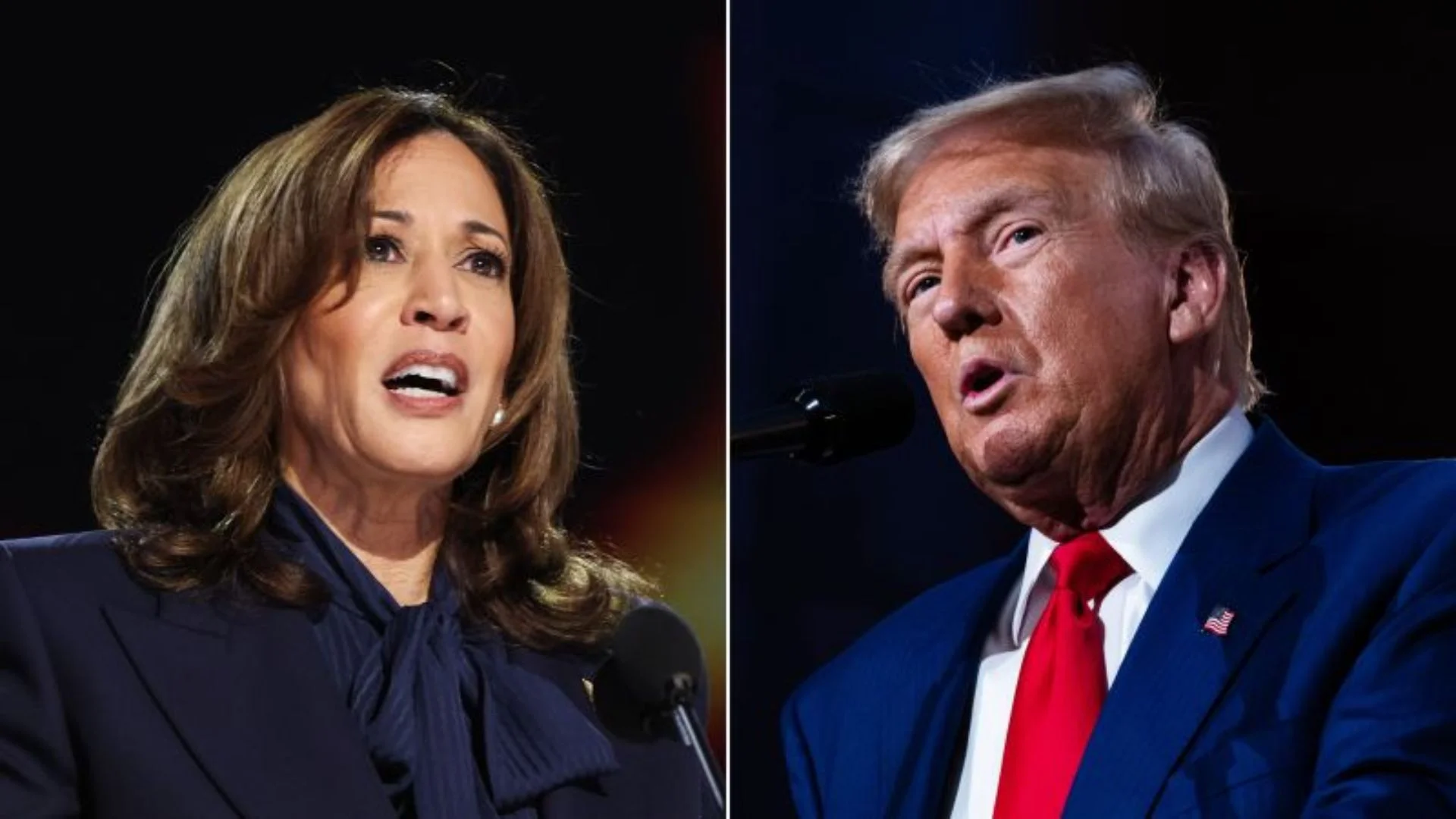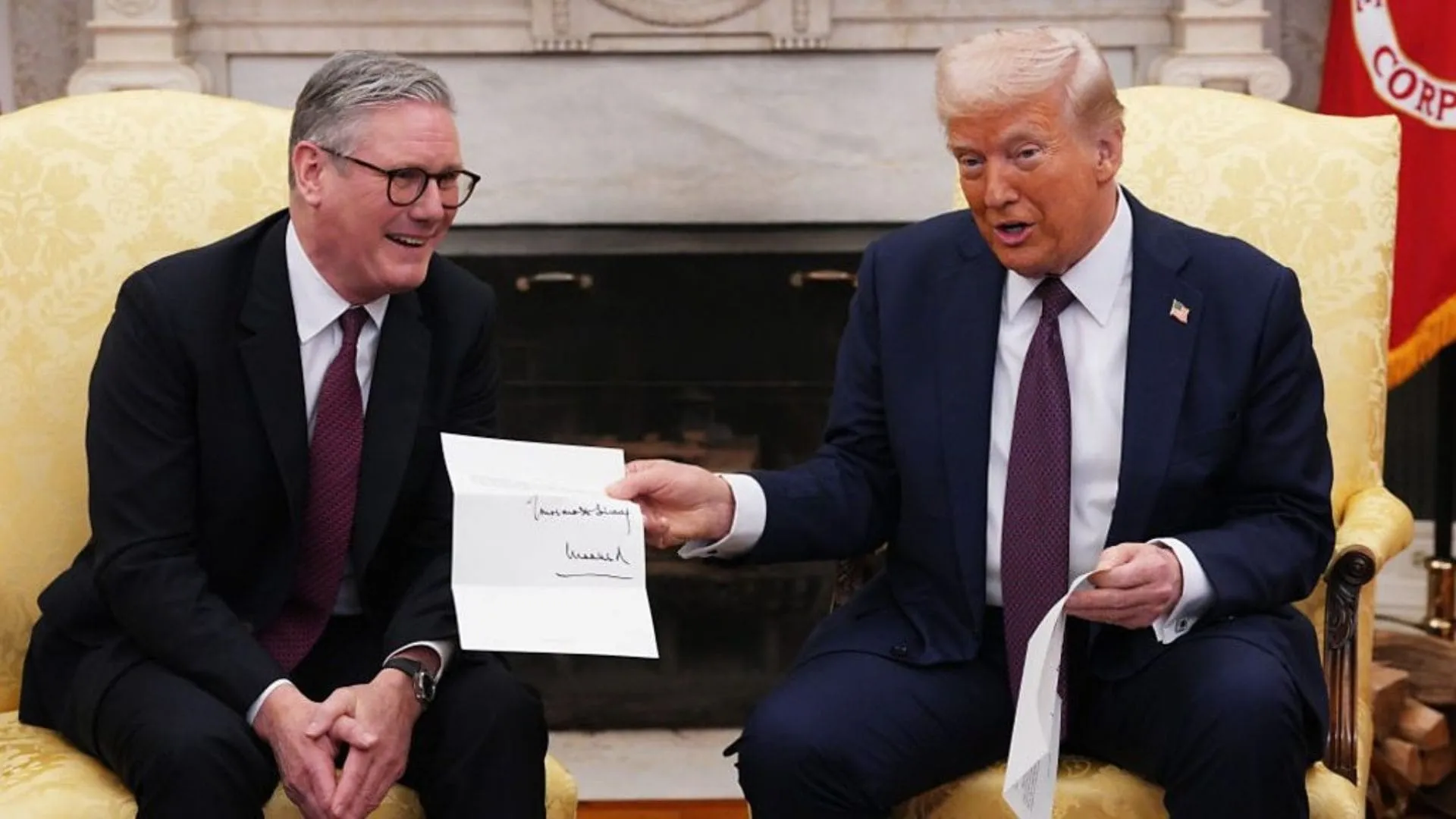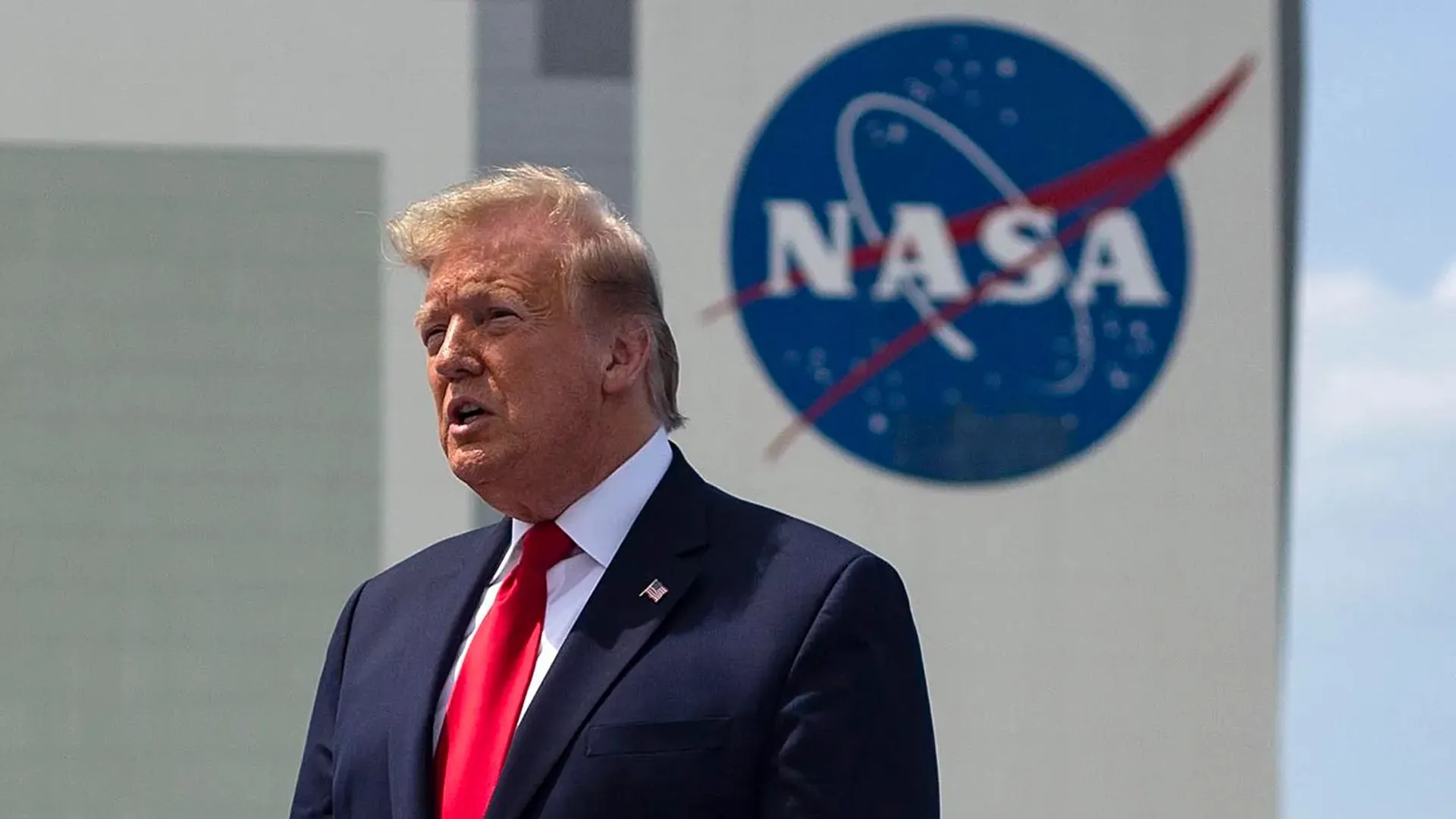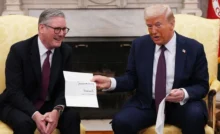With the 2024 US presidential election drawing near, Kamala Harris and Donald Trump, along with their running mates Tim Walz and JD Vance, are vying for the votes of many Americans, including the significant LGBTQIA+ community. This voting bloc has grown in influence, with 7.6% of adult Americans identifying as queer, according to a Gallup poll. As their rights become central to national discourse, here’s a breakdown of each candidate’s position on LGBTQIA+ issues.
Queer Vote Rises: LGBTQIA+ as a Political Force
Queer rights have become a prominent issue in the 2024 election, with discussions ranging from transgender healthcare to abortion rights. As the LGBTQIA+ community emerges as a powerful voting bloc, their influence on American politics continues to grow. Candidates recognize the importance of addressing queer concerns, knowing that their votes could be decisive in shaping the future of the country.
A Divisive Record: Trump’s Republican Platform and LGBTQIA+ Rights
Donald Trump has long taken a hard stance on transgender issues, pledging to ban transgender athletes from women’s sports and vowing to reinstate the military ban on openly transgender individuals. His administration previously imposed this ban in 2017 but later allowed those already serving to remain. Trump’s running mate, JD Vance, has a more complicated history with LGBTQIA+ issues. Once a supporter of queer rights, Vance’s views reportedly shifted after aligning with Trump, casting doubt on the Republican ticket’s sincerity toward the queer community.
Harris and the Democrats: Progress, Promises, and Criticism
Kamala Harris, who has long championed LGBTQIA+ rights, has been a vocal advocate for same-sex marriage and the Respect for Marriage Act, which protects both same-sex and interracial unions. However, her record isn’t without controversy. Harris has been criticized for not pushing enough legislation to improve access to gender-affirming care for poorer transgender individuals. Her running mate, Tim Walz, a former high school teacher, has built strong ties with the queer community, having led a Gay-Straight Alliance in his early career. Democrats aim to present themselves as the party of inclusivity, but criticisms remain that more could be done.
As both parties engage more vocally on queer rights, the fight for equality continues. The 2024 election will determine whether a Democrat or Republican president will shape the next chapter of queer rights in the US As the nation watches, it’s clear that voters will play a pivotal role in deciding the future.









